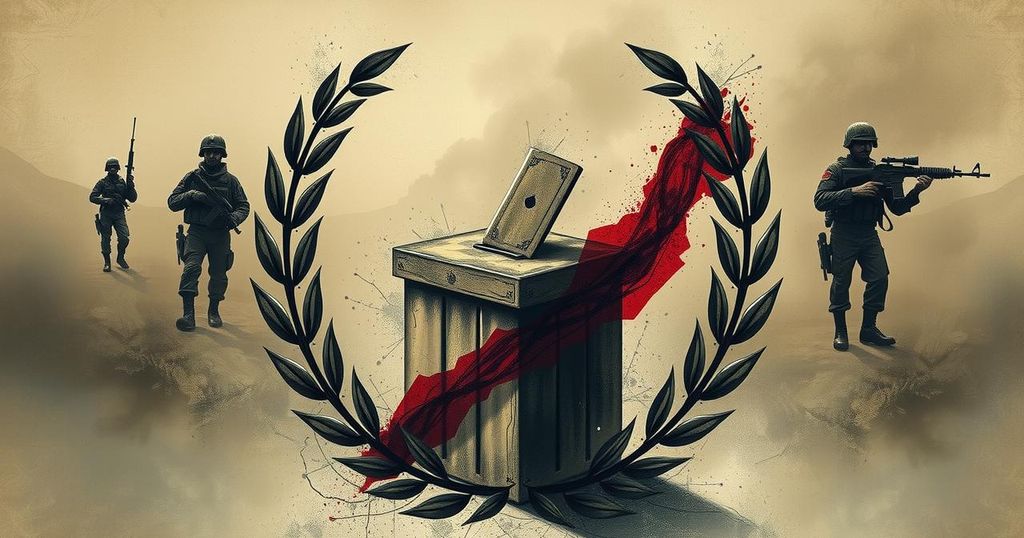The Sudanese Ministry of Foreign Affairs has proposed a transitional government aimed at facilitating elections during a civil war. This plan includes appointing a civilian leader and creating room for national dialogues. While the army has regained territory, the RSF remains influential in certain areas, impeding humanitarian efforts. The ministry has sought international support for its peace initiatives amid ongoing conflict.
Sudan’s Ministry of Foreign Affairs has introduced a plan for a transitional government aimed at facilitating elections in the wake of a devastating civil war. This initiative seeks to provide a framework for peace, as the conflict has resulted in the displacement of millions and caused tens of thousands of fatalities. The ministry, aligned with the Sudanese army, expressed its commitment to overcoming the challenges presented by the ongoing conflict.
The proposed plan emphasizes the establishment of a transitional government, which would appoint a civilian prime minister and engage in national dialogue with various political and civil society groups. The goal is to create conditions conducive to free and fair elections in Sudan. The ministry has urged paramilitary forces, specifically the Rapid Support Forces (RSF), to disarm and participate in the proposed political dialogue.
Recent military victories have allowed the Sudanese army to reclaim significant territories previously held by the RSF, particularly in the greater Khartoum area and states like Sennar and Gezira. However, the RSF maintains control in western regions such as West Kordofan and Darfur, where humanitarian efforts are severely hindered. The United Nations has raised concerns about the RSF obstructing aid to those in critical need.
In addition, the Foreign Ministry has called for international support to advance its post-war strategy, appealing to organizations like the UN, African Union, and Arab League for assistance. They believe this strategy reflects a national consensus essential for restoring peace and achieving a democratic transition in Sudan.
This prolonged conflict began in April 2023, pitting the army, led by General Abdel Fattah al-Burhan, against the RSF, commanded by his former deputy, Mohamed Hamdan Dagalo. The United Nations reports that over 12 million individuals have been displaced or forced to flee to adjacent countries due to the violence and instability.
In summary, Sudan’s Ministry of Foreign Affairs has unveiled a strategy aimed at restoring peace and structuring a pathway to elections amid ongoing civil conflict. The proposed transitional government and appeal for broader international support signify a potential step forward for the troubled nation. How the military and RSF respond to this initiative will significantly influence Sudan’s future governance and stability.
Original Source: www.aljazeera.com






